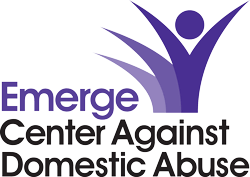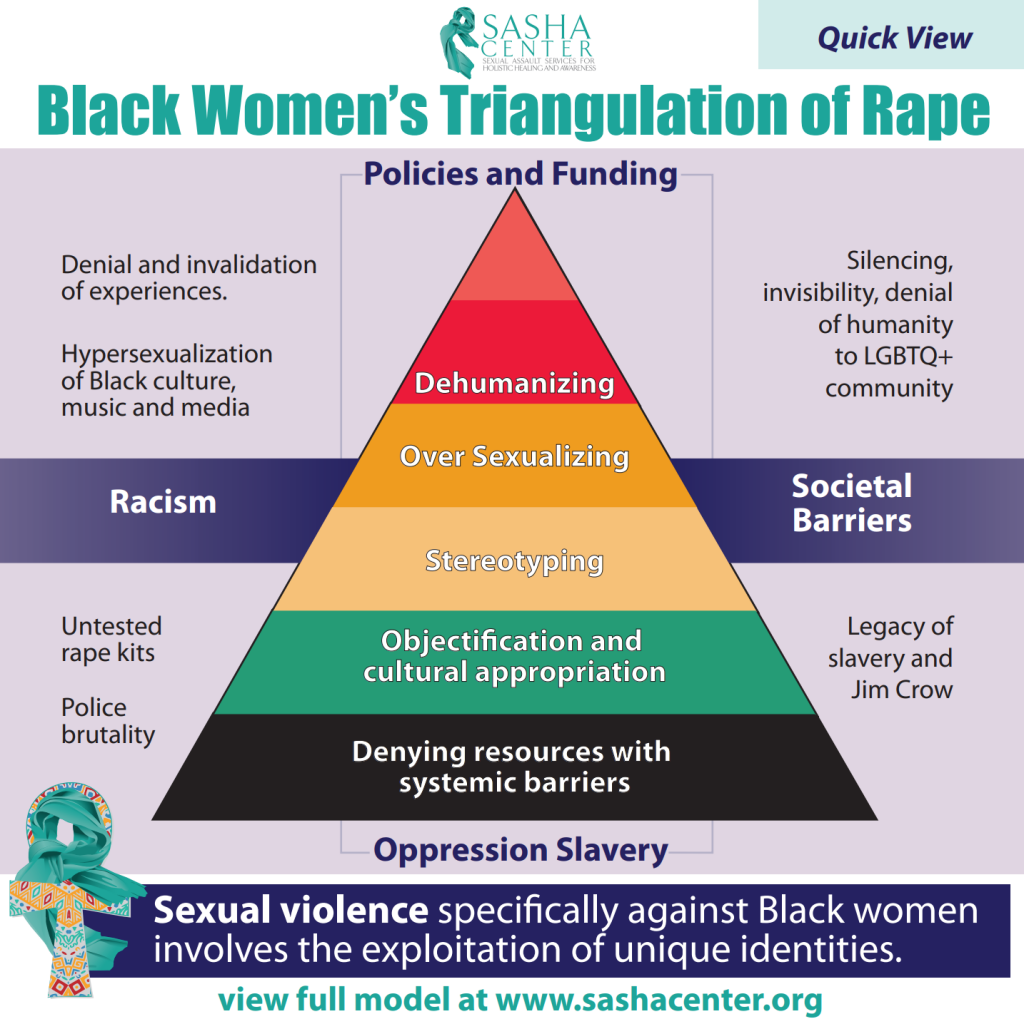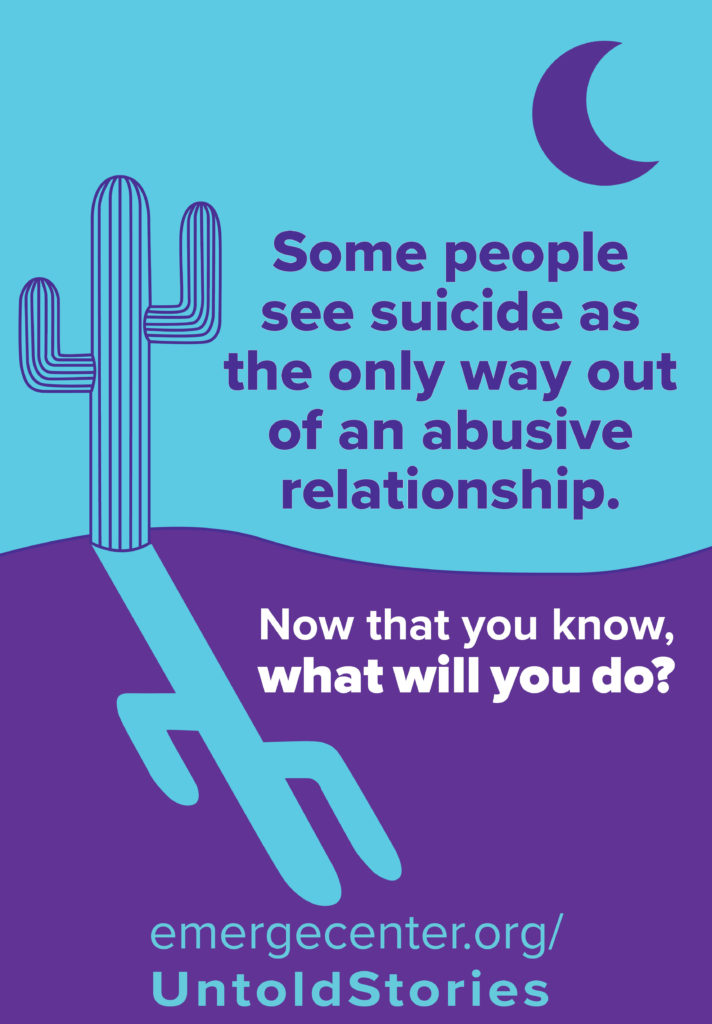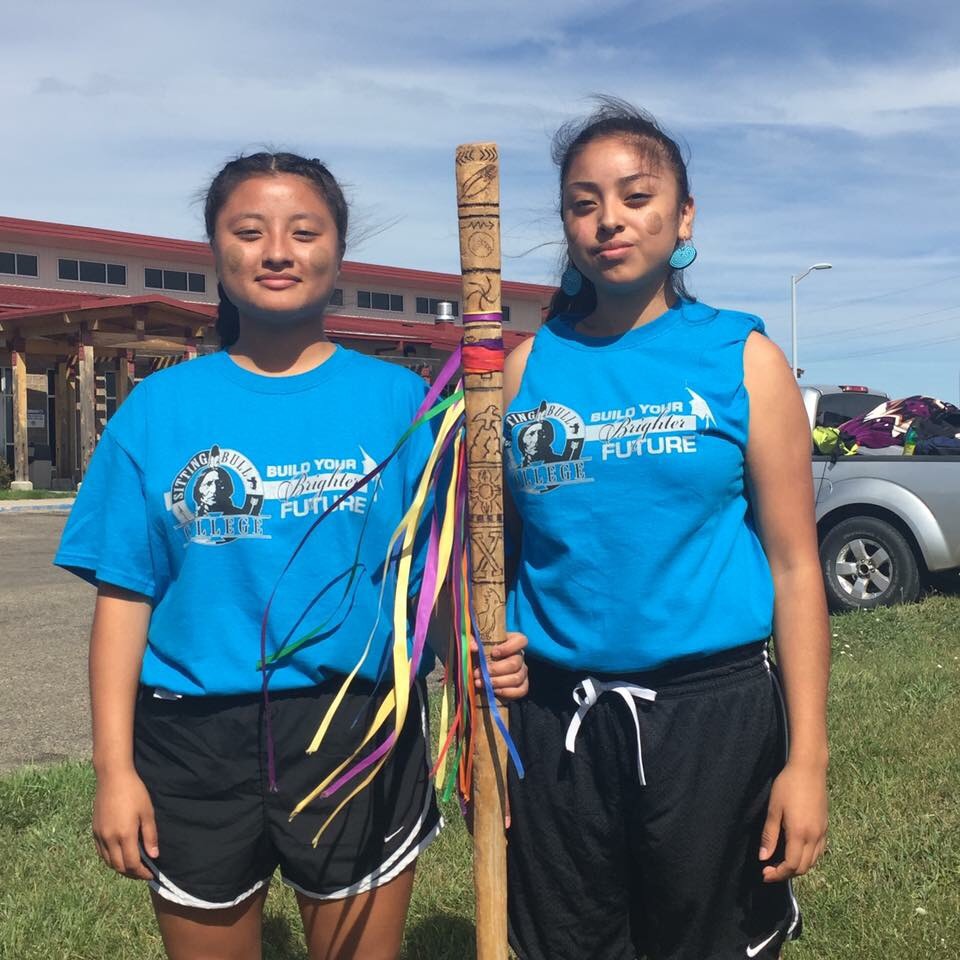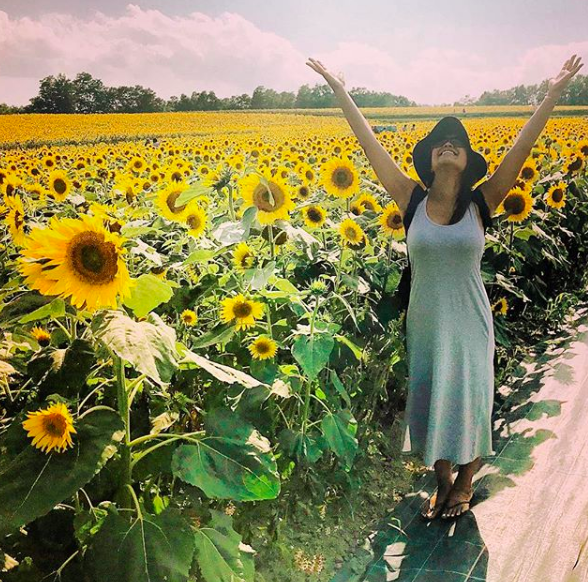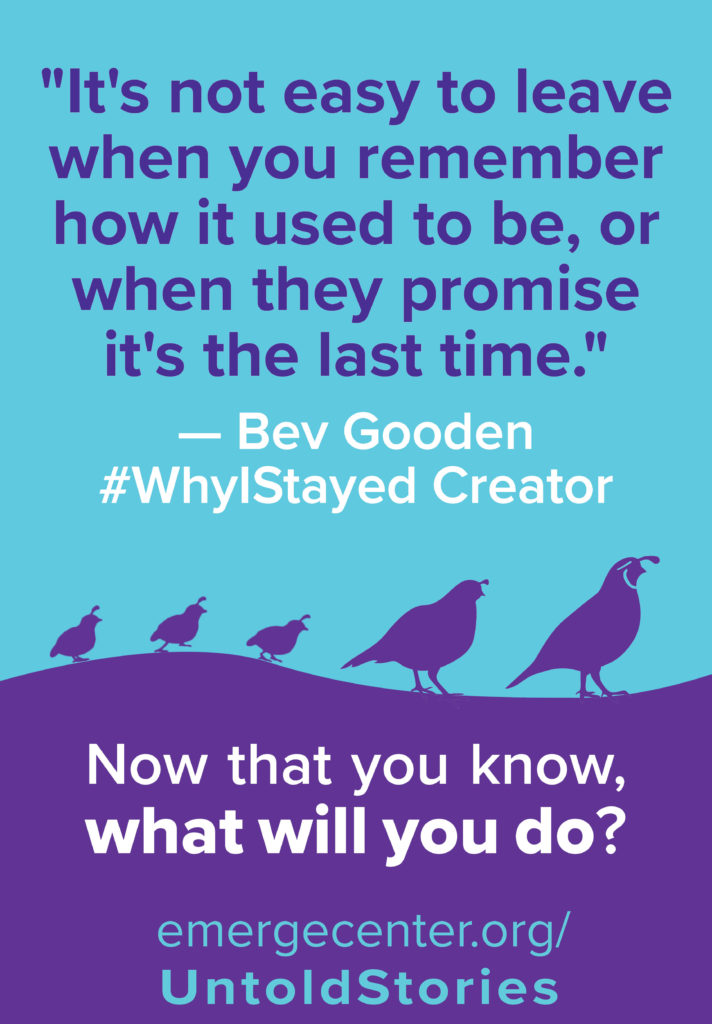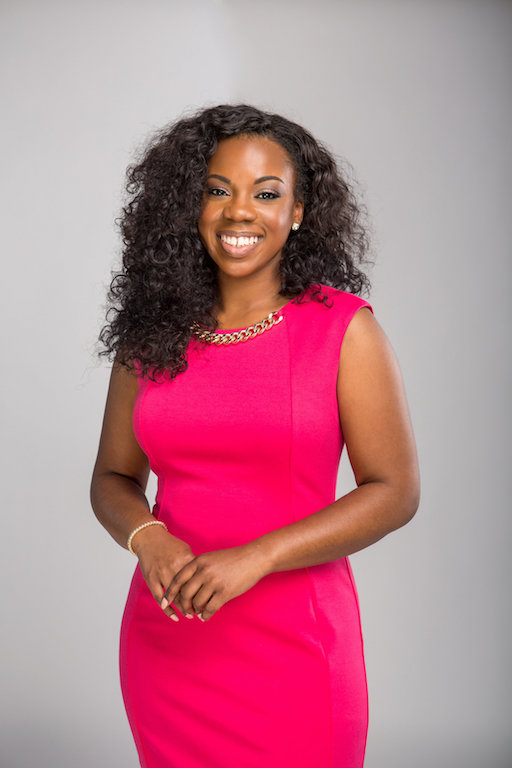Written piece by Boys to Men
While there has been much debate about civil war-era monuments, Nashville poet Caroline Williams recently reminded us of the often-overlooked stake in this issue: rape, and rape culture. In an OpEd entitled, “You Want a Confederate Monument? My Body is a Confederate Monument,” she reflects on the history behind the shade of her light-brown skin. “As far as family history has always told, and as modern DNA testing has allowed me to confirm, I am the descendant of black women who were domestic servants and white men who raped their help.” Her body and writing function together as a confrontation of the true results of the social orders that the U.S. has traditionally valued, especially when it comes to gender roles. Despite the robust amount of emerging data that links the traditional gender socialization of boys to a range of public health crises and violence, today, across America, boys are still often raised on an old-school American mandate: “man up.”
Williams’ timely and vulnerable exposé on her own family history reminds us that gendered and racial subordination have always gone hand in hand. If we want to confront either, we must confront both. A part of doing that is recognizing that there are very normalized objects and practices that litter our daily lives today in America that continue to support rape culture. This isn’t about statues, Williams reminds us, but about how we want to collectively relate to the historical practices of domination that justify and normalize sexual violence.
Take for example, the romantic comedy, in which the rejected boy goes to heroic lengths to win the affections of the girl who is not interested in him—overcoming her resistance in the end with a grand romantic gesture. Or the ways that boys are lifted up for having sex, whatever the cost. Indeed, the traits that we often ingrain into young boys every day, connected to long-standing ideas about “real men,” are the inevitable foundation for rape culture.
The implicit, often unexamined, set of values contained in the cultural code to “man up” are a part of an environment in which men are trained to disconnect from and devalue feelings, to glorify force and winning, and to viciously police each other’s ability to replicate these norms. Substituting my own sensitivity to the experience of others (and my own) with the mandate to win and get mine is how I learned to become a man. Normalized practices of domination link the story that Williams tells to the customs that are present today when a 3-year old little boy is humiliated by the adult he loves for crying when he feels pain, fear, or compassion: “boys don’t cry” (boys discard feelings).
However, the movement to end the glorification of domination is growing, too. In Tucson, on a given week, across 17 area schools and at the Juvenile Detention Center, nearly 60 trained, adult men from across communities sit down to participate in group talking circles with around 200 teenaged boys as a part of the work of Boys to Men Tucson. For many of these boys, this is the only place in their life where it’s safe to let down their guard, to tell the truth about how they are feeling, and to ask for support. But these sorts of initiatives need to gain much more traction from all parts of our community if we are to replace rape culture with a culture of consent that promotes safety and justice for all. We need your help expanding this work.
On October 25, 26, and 28, Boys to Men Tucson is partnering with Emerge, the University of Arizona and a coalition of devoted community groups to host a groundbreaking forum aimed at organizing our communities to create significantly better alternatives for teen boys and masculine-identified youth. This interactive event will take a deep dive into the forces that structure masculinity and emotional well-being for the young people in Tucson. This is a key space where your voice and your support can help us make a huge difference in the type of culture that exists for the next generation when it comes to gender, equality, and justice. We invite you to join us for this practical step towards cultivating a community in which safety and justice are the norm, rather than the exception. For more information on the forum, or to register to attend, please visit www.btmtucson.com/masculinityforum2020.
This is just one example of the large-scale movement to cultivate love’s resistance to ordinary cultural systems of domination. Abolitionist Angela Davis characterized this shift best when she turned the serenity prayer on its head, asserting, “I am no longer accepting the things I cannot change. I am changing the things I cannot accept.” As we reflect on the impact of domestic and sexual violence in our communities this month, may we all have the courage and resolve to follow her lead.
About Boys to Men
VISION
Our vision is to strengthen communities by calling men to step up to mentor teenage boys on their journey towards healthy manhood.
MISSION
Our mission is to recruit, train, and empower communities of men to mentor teenage boys through on-site circles, adventure outings, and contemporary rites of passage.
